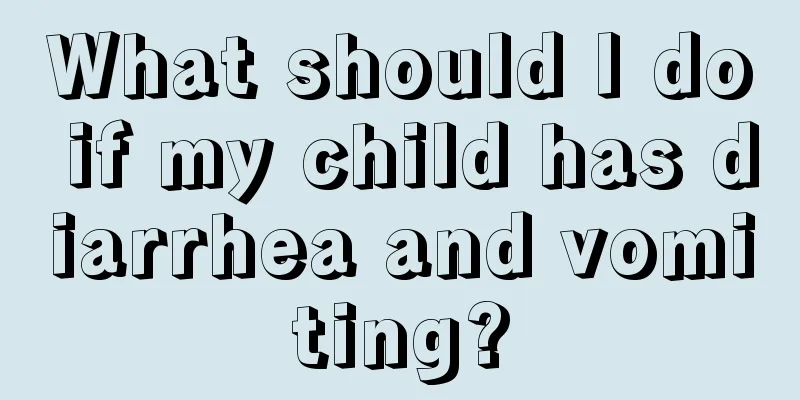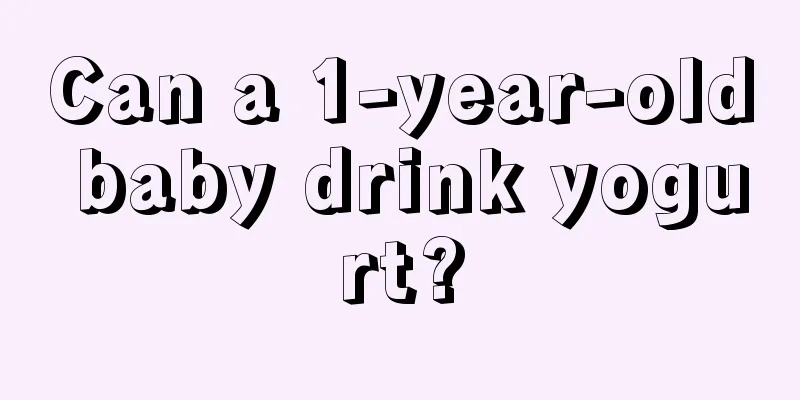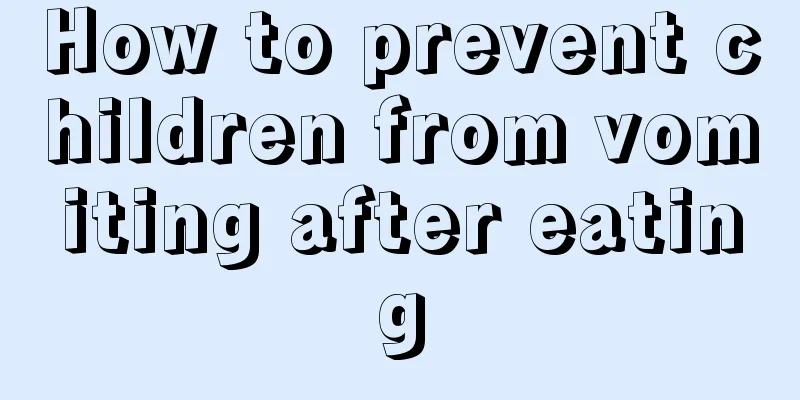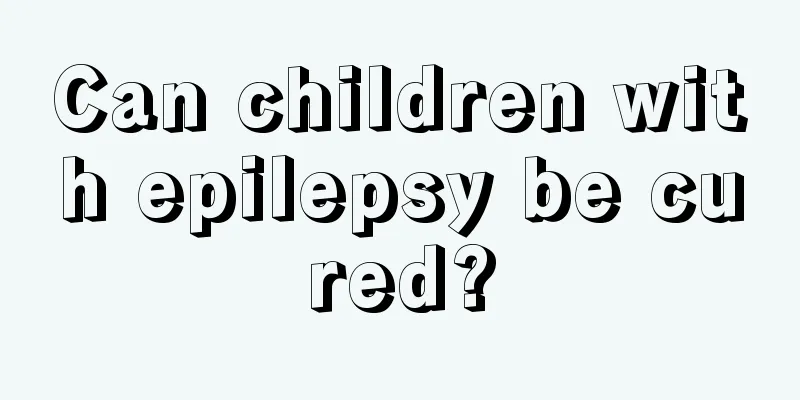What are the symptoms of zinc deficiency in infants and young children?
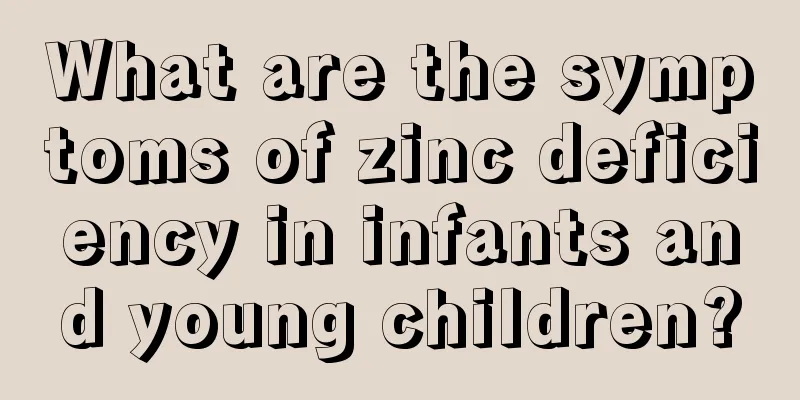
|
Zinc is an essential trace element for the human body. Too much or too little zinc can seriously affect human health. So what are the symptoms of zinc deficiency in infants and young children? Let’s take a look with the editor today. Performance:Children with zinc deficiency often have poor appetite, loss of appetite, sparse hair and dull hair. They are prone to anemia, poor resistance, and wounds are difficult to heal; they like to bite their nails and fingers, and even have symptoms of pica such as eating dirt and sand. Children with severe zinc deficiency will not grow tall, and may experience growth stagnation, delayed development of secondary sexual characteristics and reproductive system, and even affect their intellectual development. Supplementary method: For children to supplement zinc, dietary supplements are the best way and most consistent with human metabolism. If zinc deficiency is not serious (symptoms are not obvious) or to prevent zinc deficiency, dietary supplements can generally be used. Oysters and herring have the highest zinc content in foods, with more than 100 mg per kilogram of food, followed by meat, liver, eggs, crab, peanuts, walnuts, tea, almonds, and cocoa, with content of 20-50 mg; wheat, fish, carrots, and potatoes contain 6-20 mg. In addition, the zinc content in animal foods is higher than that in plant foods, and the amino acids produced by the decomposition of animal protein can promote the absorption of zinc. The absorption rate of zinc is about 50%. The phytic acid and cellulose contained in plant foods can combine with zinc to form water-insoluble compounds, thereby hindering the human body's absorption of zinc, and the absorption rate is only about 20%. The absorption of zinc is largely dependent on the presence of iron, calcium and phosphorus. To prevent zinc deficiency, children should be encouraged to eat more animal foods such as lean meat, pork liver, fish and egg yolks, develop good eating habits, and not be partial or picky eaters. The content in rice, corn, white flour, vegetables and fruits is low, less than 5 mg. Pay attention to zinc supplementation when eating these foods. The above are the symptoms of zinc deficiency in infants and young children. If parents find that their children have the above symptoms, they should appropriately supplement their children with zinc. If the situation is serious, you should go to the hospital for treatment in time. |
<<: What should I do if my child is picky about food and doesn’t like to eat?
>>: What causes children to snore while sleeping?
Recommend
How to eat egg yolk for six months baby
Newborn babies only need to drink milk, but when ...
The best time for babies to learn to eat
Generally, you can try to add some complementary ...
How long after vaccination can the baby take a bath?
For newborns, in order to avoid being infected wi...
How to treat a child's hunchback?
For children, they are in a period of happy growt...
What to do if a one-year-old baby has small red bumps on his face
If a one-year-old baby has small red pimples on h...
What to do if your baby has acute pharyngitis and repeated fever
Because children are young, their bodies are not ...
How to properly provide oxygen to premature babies?
The mixed blessing today is that premature babies...
Is it necessary for babies to have a cardiac ultrasound?
When babies are young, they are very likely to su...
What are the symptoms of hemolysis in babies?
When a newborn baby shows symptoms of jaundice an...
My child coughs especially hard at night
In real life, we often see children who are fine ...
What to do if your child has weak eyes
When you find that your child has amblyopia, you ...
Can a child's strabismus heal itself?
If a child has strabismus, it is very serious and...
Is it good for children to eat dragon fruit often?
Fruits are divided into warm, neutral and cold fr...
What kind of eye drops are better for children to use when blinking?
Sometimes babies like to blink their eyes especia...
3-year-old baby vomits and has abdominal pain but no fever
The baby is the treasure of the family. There are...

